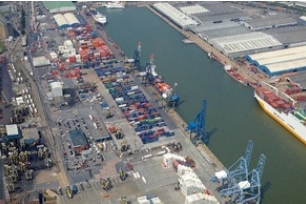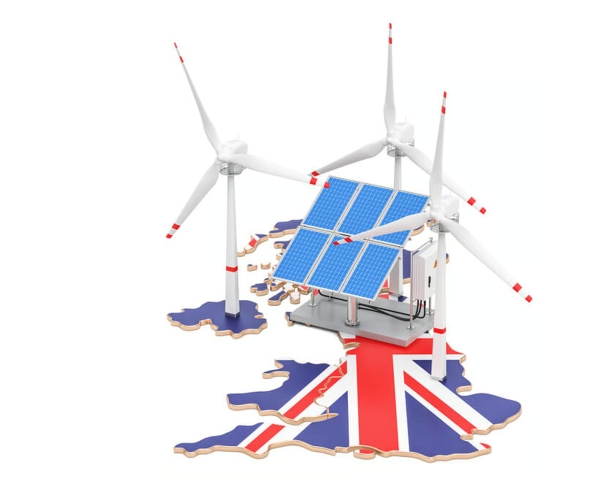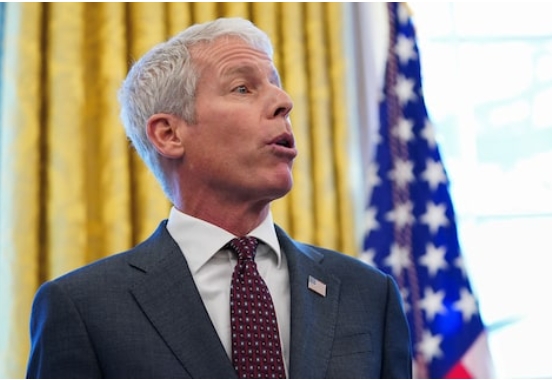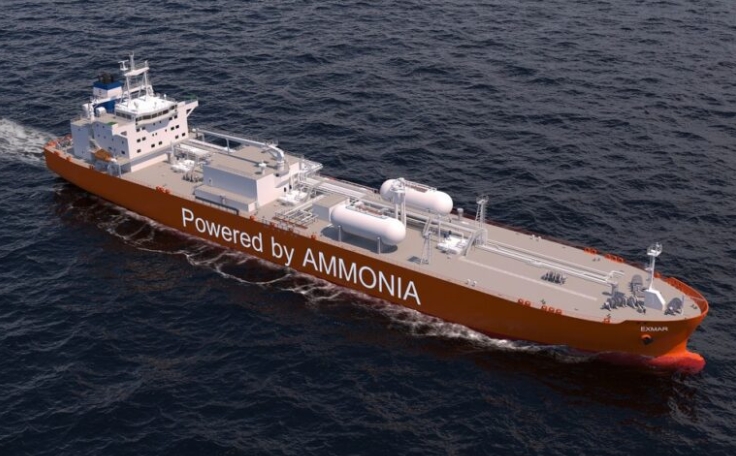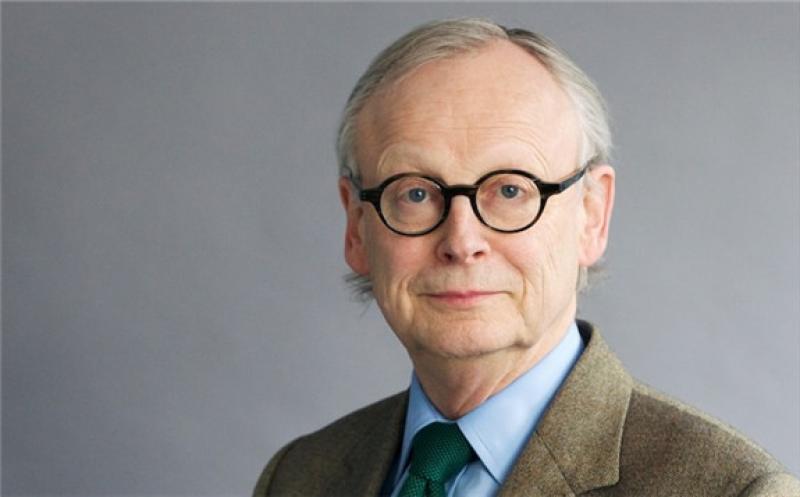
British Prime Minister Boris Johnson was told today in a letter from the Committee on Climate Change (CCC) that the UK had so far "fallen short" in its commitments to tackle greenhouse gas emissions. The CCC is the government's statutory adviser on how to achieve the UK's long-term goal of reaching net-zero carbon by 2050.
The UK is to host UN talks on the climate emergency in Glasgow, Scotland next November, at which nations will be asked to update their commitments on emissions under the 2015 Paris agreement.
John Deben, the chair of the CCC and a former Conservative environment minister under the late Margaret Thatcher, reportedly wrote to Johnson: "We marked recently the 30th anniversary of Margaret Thatcher’s 1989 speech to the UN general assembly. That speech described accurately the science of human-induced climate change and the scale of its economic impact. The prime minister advocated a strong global response then; but what followed was too little. You have the opportunity to lead a better international effort. But first, we must get our own house in order."
To succeed, Johnson must bring forward new policies across the board as a matter of urgency, "demanding ambitious policy from all departments to ensure homes, businesses, industry, transport and land are helping to deliver net zero", Deben wrote.
Deben also told BBC Radio 4's Today programme: "The world is changing and if we do not fight climate change over these next 10 years we will reach a tipping point when human beings will not be able to change the climate back to a level which makes living on this earth tolerable."
Johnson, who was re-elected as prime minister in the general election on 12 December, said in October that he would be the chair of a new Cabinet committee on climate change that will drive progress towards net-zero across all areas of government. This week, several newspapers have been told by sources close to Number 10 that Johnson is planning Whitehall reforms once the government has passed its Withdrawal Agreement which would see the UK leaving the European Union by 31 January.
The proposed changes include the separation of business-related matters from energy and climate change. Until July 2016, the Department of Energy and Climate Change and the Department for Business, Enterprise and Regulatory Reform existed as two separate entities. Johnson’s predecessor, Theresa May, scrapped this structure to create the Department of Business, Energy and Industrial Strategy, which critics said de-prioritised action on climate issues.
Meanwhile, the CCC has said that Scotland must match the ambition of its world-leading Net Zero 2045 target with decisive action to strengthen climate change policy in all parts of the economy. The CCC says the UK's credibility as COP26 president - and Scotland's credibility as host - "now rests on real action at home".
The CCC's 2019 Progress Report to the Scottish Parliament shows that greenhouse gas emissions reduced by 3% in 2017, compared with a 10% fall in 2016. The fall was again led by the power sector, due in large part to Scotland's first full year of coal-free electricity generation. Recent performance in other sectors shows only incremental improvement at best and, unless emissions reductions are delivered economy-wide, Scotland is at risk of missing its new interim target of a 56% reduction in emissions by 2020, the report says.
"Scotland has set an ambitious world-leading Net Zero target of 2045. Now Scotland needs to walk the talk,” Deben said. "The new legally-binding target for 2030 - a 75% reduction in emissions compared to 1990 - is extremely stretching and demands new policies that begin to work immediately." He added: "Scotland has outperformed the rest of the UK in cleaning up its economy, resting on the rapid closure of coal. As this chapter closes, the Scottish story must change. But so far, we haven't seen the same progress in other sectors. With the right policies and the committed support of Westminster, Scotland can lead the way in ending the UK's contribution to global warming for good."
Nuclear power accounts for about 35% of Scotland's electricity generation and about 20% of that of the UK as a whole.
